In the voice of Sir Richard Attenborough, “Hidden in the vast cities of the Nigerian landscape, you can find the rare, endangered, Nigerian vegan. Almost as rare, but less endangered is the diasporan Nigerian vegan, these peaceful herbivores, unique amongst Nigerians were once believed to be a myth.. . .”
It’s not easy being a Nigerian vegetarian or vegan.
At first glance, it doesn’t seem that bad: Beans – several varieties, plantain, okro, cassava, millet/guinea-corn, yam, corn, pumpkin, cocoyam, leafy veg too numerous to mention, melon seeds, locust beans,. . . So many things that a vegan or vegetarian can eat, or so it would seem.
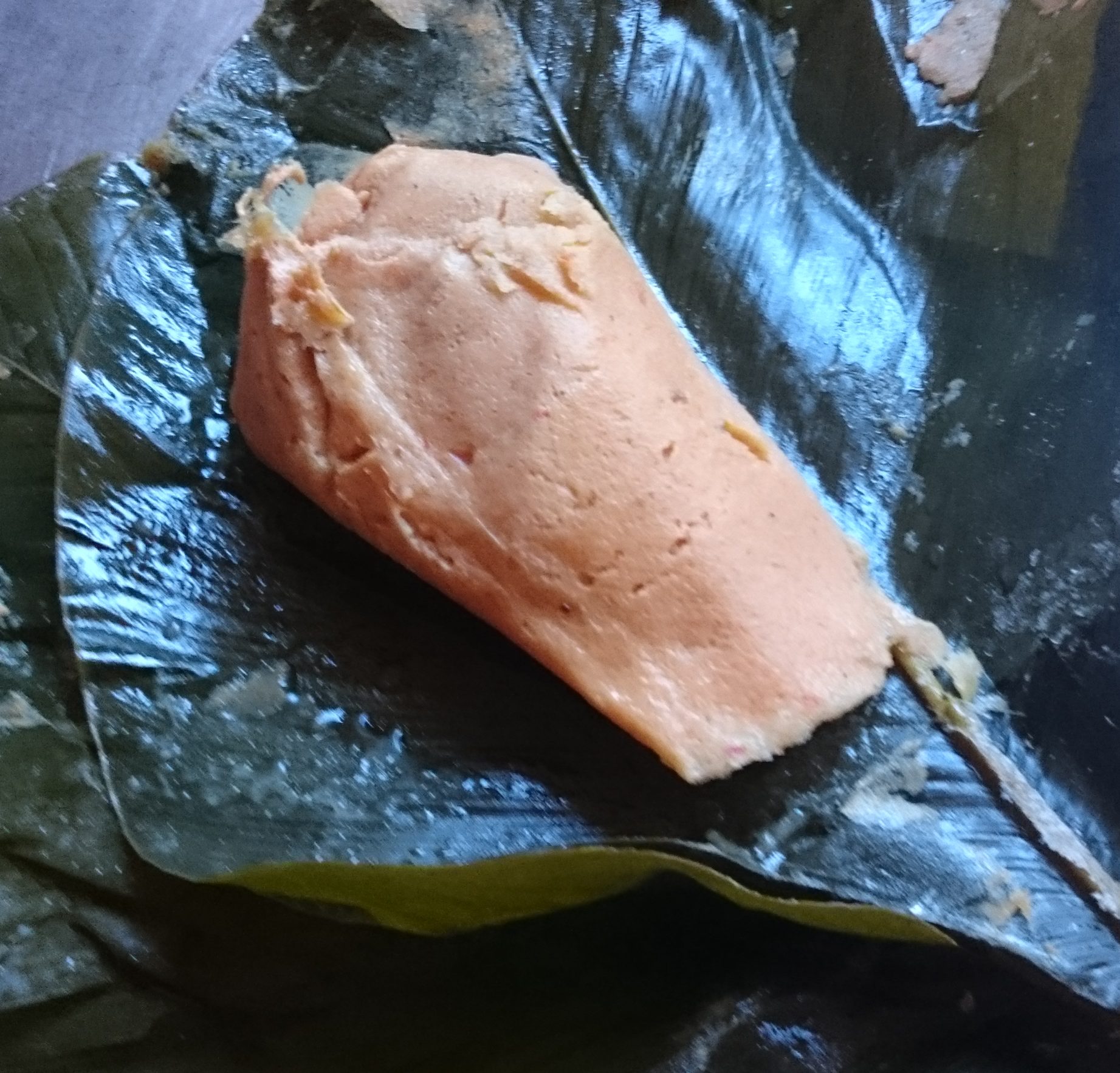
Vegan moin-moin, no added meat, seafood or eggs
The problem is that a Naija vegan must cook. Takeaways and eating out aren’t going to work because Nigerian cooks (including yours truly) will casually flavour anything and everything with smoked fish, crayfish, smoked meat, meat stock, stockfish, chopped up ponmo, shrimp, periwinkles and many other things that a vegan or vegetarian can’t eat. Seemingly innocent dishes like yam pottage, plantain pottage, beans, akara (fried beancakes) moin-moin (steamed bean puddings) jollof rice, etc. are unlikely to be vegan/vegetarian friendly.
So, how does a Nigerian vegetarian make sure their diet is balanced and healthy? The nutritional challenges of a vegan or vegetarian diet are diverse; here are some of them with tips and tricks to overcome them. There’s a bit of science next. If you’re not into that, just skip to Major Abs’ takeaway at the bottom of the article for practical advice.
- The amino acids that make up the protein that we eat are the building blocks of the human body. We can only produce about half of the full range of amino acids that our bodies need so we need to ensure that we eat the rest of the set. For vegetarians who eat eggs and dairy products, this is not really an issue but there almost no vegan-friendly foods that supply a ‘full set’ of essential amino acids in a traditional Nigerian diet. (Spinach is the only one that comes to mind immediately) There are some that can be incorporated, substituted or just plain ‘Naijalised’ such as; quinoa, soya, and buckwheat. There is, however, no cause for alarm if you are a Nigerian vegan or vegetarian, all the essential amino acids are available, just not in single foods. The grains in Nigerian diets are lacking the essential amino acid lysine and our native bean varieties are short of the amino acid methionine. Guess what?? Combining a grain (Ideally a whole grain) with a legume gives you a happy balance of all essential amino acids. Strangely enough, we have been doing this for years, many traditional meals and snacks are already complete.
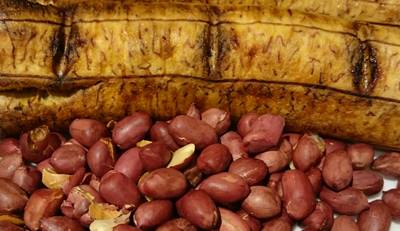
Boli and epa, (Roast plantain and groundnuts)
Here are some winning combinations: Rice and Beans, Adalu (beans cooked with corn) Epa and guguru (groundnuts with popcorn) and even boli and epa (roast plantain and groundnuts). One of our traditional combos that sadly doesn’t work is eko and moin-moin or akara. This fails because the eko is not made from wholegrain corn, it’s pure starch, amino acids have been discarded. (probably fed to some lucky livestock) You can still enjoy the meal but get your methionine from rice, bread, tuwo, etc, later.
You don’t actually have to get the ‘full set’ of amino acids in every meal, you can pick them up separately, your body will store them until needed.
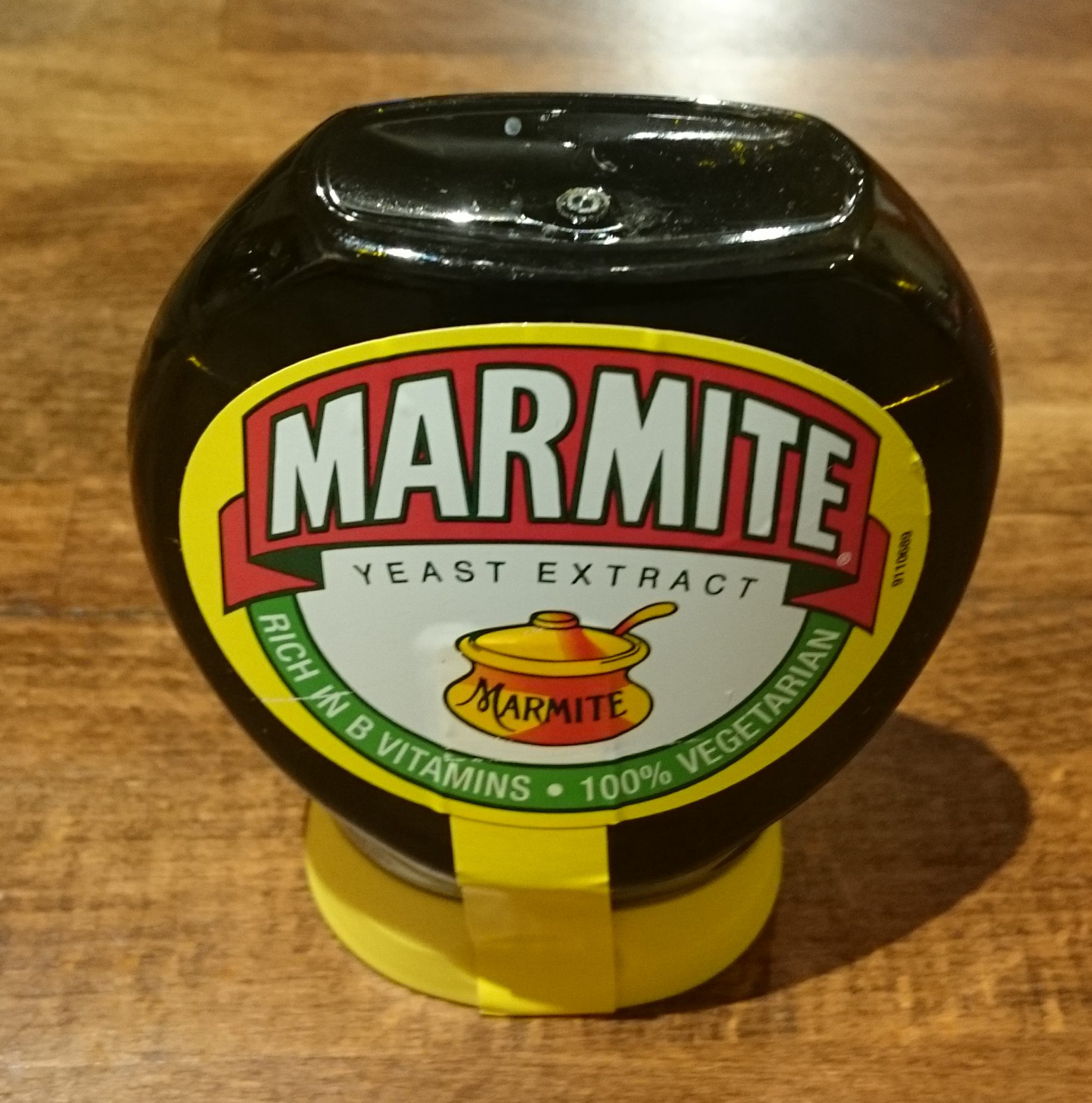
Marmite, a great source of B-Vitamins
Vitamin B12. A deficiency of this can lead to nervous system damage, heart disease, complications in pregnancy and anaemia (it doesn’t help that Iron is also a challenge for vegetarians/vegans) Vegans should seek a daily supplement to provide this essential vitamin. Marmite is a yeast extract that is favoured by many for this reason. There are a number of traditional fermented Nigerian foods that may well contain B12 in significant quantities. Foods like iru/dadawa, ogiri/ogili, ugba and so on. They have been studied mostly for their probiotic benefits but I haven’t come across any definitive studies on their vitamin levels. Vitamin B12 is often produced by microbial action and it is entirely possible, likely even that it is available from fermented Nigerian foods.
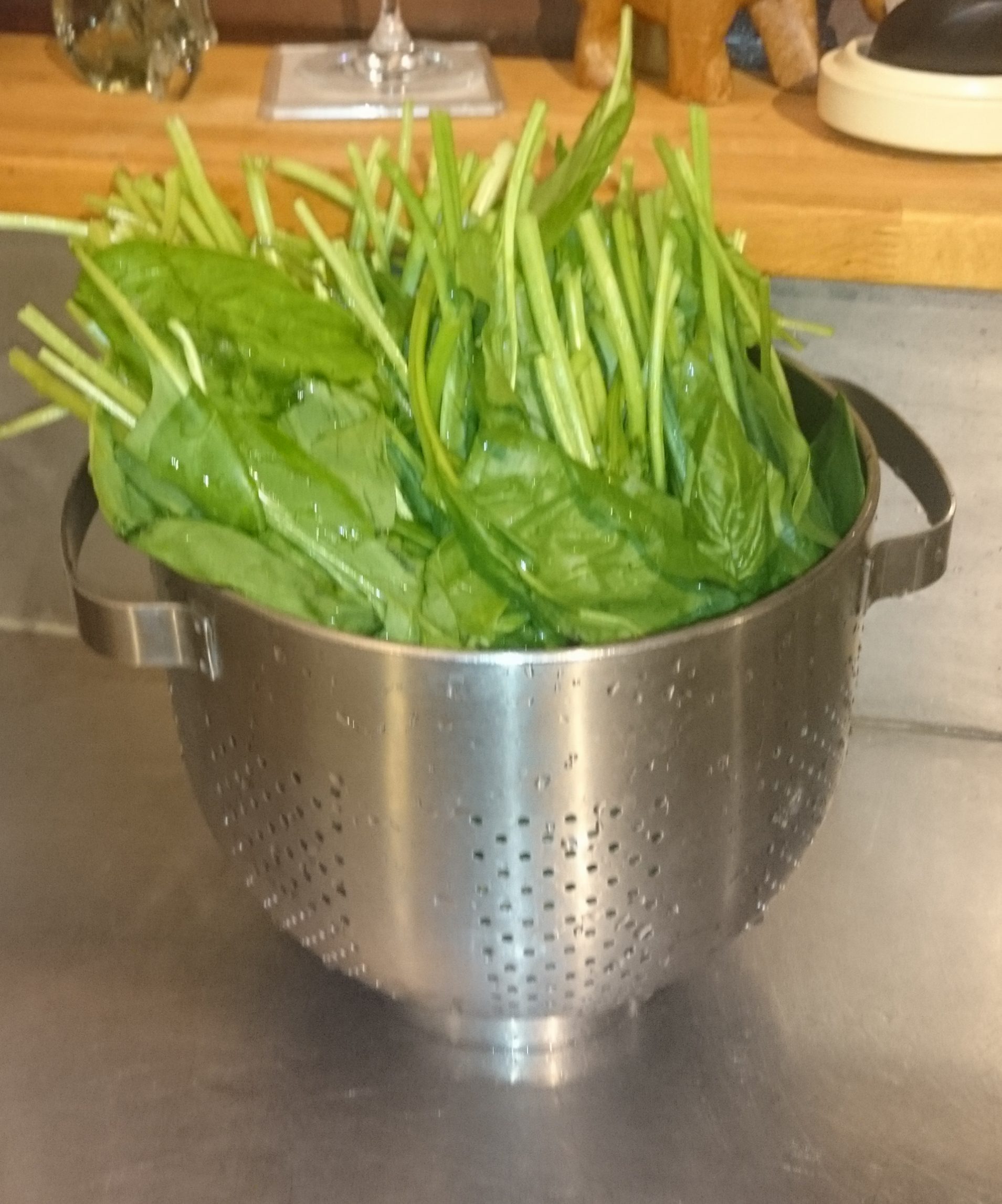
Fresh green leaf vegetables. Great source of iron.
Finally, some good news. Unlike those in other parts of the world, Nigerian vegans/vegetarians don’t have to change much to ensure an adequate level of Iron in their diets. The concern normally arises because the iron available in meat is much more readily absorbed by the human body than the iron available in plants. There is enough iron in the leafy green plants, okro and pulses that make up much of the Nigerian diet. Iron absorption is greatly aided by the presence of Vitamin C, great for Nigerians, a diet rich in peppers and tomatoes is once again a natural advantage. There are a few things that are known to block iron absorption worth knowing about. Phytates from grains, tannins from tea and oxylates from spinach (still being debated) but as long as the diet is varied enough, the average Nigerian vegan/vegetarian has little need to fear iron deficiency .
Wetin you dey chop?
Major Abs’ Takeaway
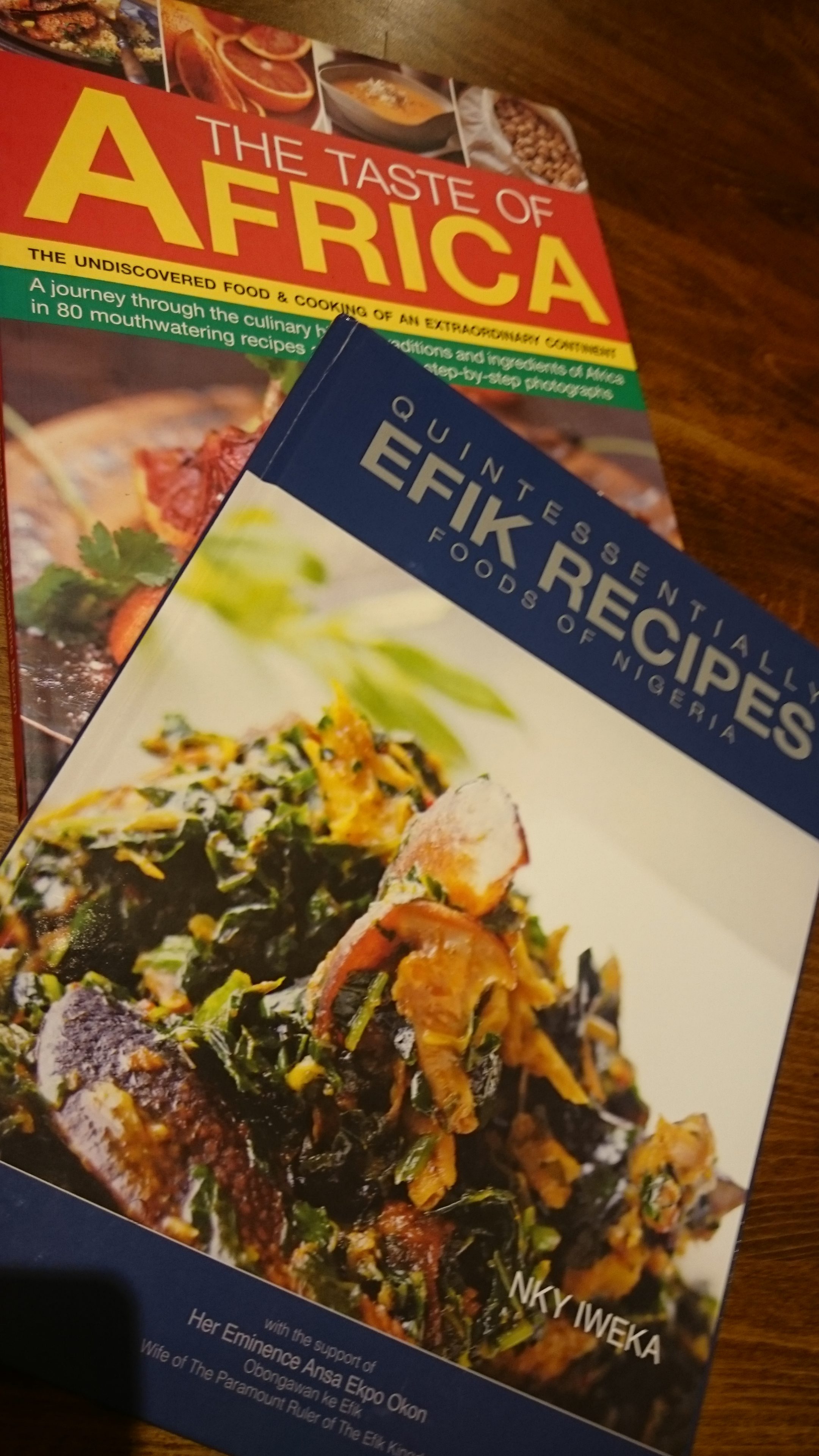
Cookbooks! Nigerian vegans need variety.

Eat a wider variety of foods. Explore the foods of other regions, don’t limit yourself to the familiar. Get cookbooks for ideas.
Eat Marmite or take a supplement for vitamin B12, or simply a good multi-vitamin and mineral supplement.
Acquire some iron cookware, uncoated cast-iron is ideal but there are some cheaper pressed steel woks that will rust if care is not taken. If you regularly cook stew or beans in an iron pot, you will never have to worry about iron deficiency again. It’ worth noting that green vegetables don’t do well in iron cookware. It’s also worth noting that aluminium cookware has been linked to certain health issues so making the switch has extra benefits.
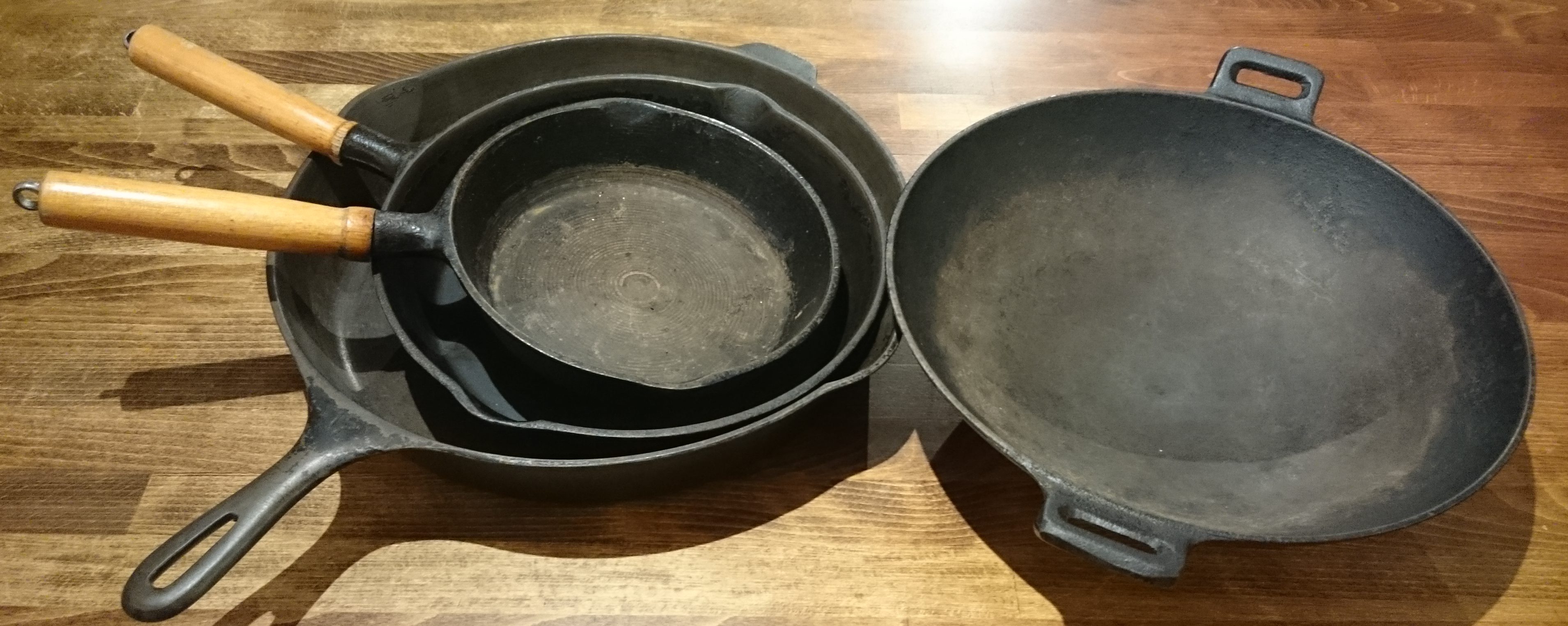
Cast Iron cookware, cooking in such is an easy way to prevent iron deficiencies in a Nigerian vegetarian diet.
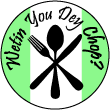
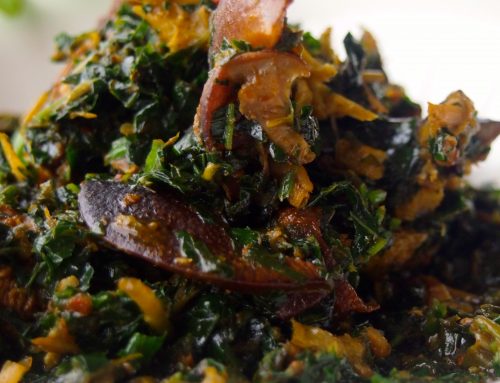

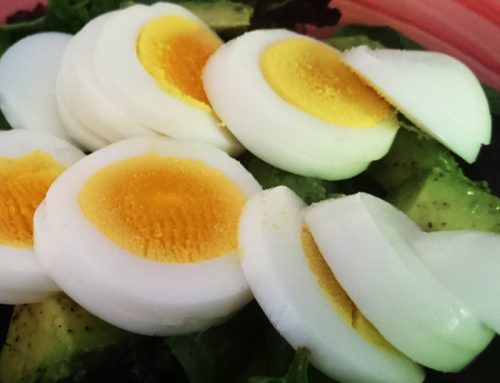


Leave a Reply